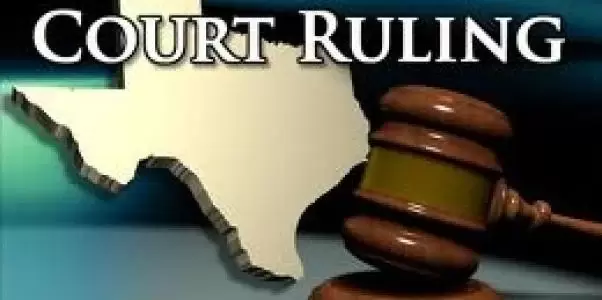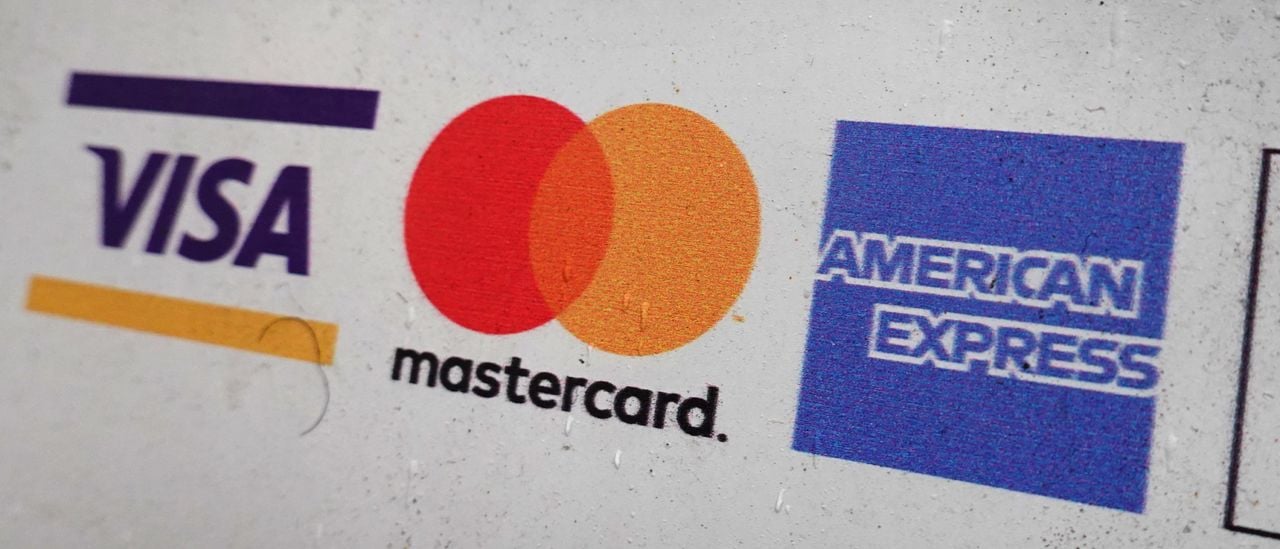|
Originally published at Econlib.
Through the Consumer Financial Protection Bureau (CFPB), the Biden administration has proposed a regulation to cap how much credit card companies can charge us when we’re late on a payment to just $8. This sounds great on the surface, right? Lower fees mean less stress when we’re struggling to make ends meet, as inflation-adjusted average weekly earnings have been down 4.2 percent. But, as with many things that seem too good to be true, there’s a catch. This well-meaning price control could make things the most challenging for those it’s supposed to help. First, why do credit card companies charge late fees? It’s not just about making an extra buck. These fees support more credit available for everyone and encourage us to pay on time, which helps the credit system run smoothly. Now, the CFPB is shaking things up by setting a price ceiling on these fees at $8. While it could save us some money if we slip up and pay late, credit card companies will find ways to compensate for this lost income. And how do they do that? Well, they might start charging more for other things, tightening who they give credit to, or increasing interest rates. That means, in the end, credit could be more expensive and harder to get for all of us. Not just individuals who could feel the squeeze, but small businesses, too. Many small businesses rely on credit to manage their cash flow and growth. If banks start being pickier about who they lend to or raise their fees, these small businesses will find it more costly to get credit. This isn’t just bad news for them; it’s bad news for everyone, as the result will be higher prices for consumers, lower wages, and fewer jobs for workers. Remember that small banks and credit unions are a big deal for the local economy. These institutions often depend on fees to keep things running. If they can charge less for late payments, they might not be able to lend as much. This could hit communities hard, making it tougher for people to get loans for starting a small business, buying a home, or building a project. Economists have long warned about the dangers of well-intentioned but poorly thought-out regulations. By setting a one-size-fits-all rule for late fees, the government would make credit more expensive and less accessible for everyone. The idea is to protect us from unfair fees, but the real-world result would be different if access to credit were limited for those who need it most. History proves that often the biggest challenge is to protect consumers from the consequences of government actions. In trying to shield us from high late fees, the government will set us up for a situation where credit is harder to come by and more expensive. This doesn’t mean we shouldn’t try to protect consumers. Still, we need to think carefully about the consequences of our actions and let markets work, which is the best way to protect consumers as they have sovereignty over their purchases. While capping credit card late fees sounds like a simple fix, the ripple effects would be complex and wide-reaching. It’s crucial to keep credit accessible and affordable, support small businesses, and ensure the financial system remains robust. Let’s look at the implications of this price control regulation before rushing into it. Price controls never work as intended, as history has proven. Instead, we should ensure people in the marketplace determine what’s best for them rather than the Biden administration’s top-down, one-size-fits-none approach.
0 Comments
Last week, the Texas Association of Business, Fort Worth Chamber of Commerce, Longview Chamber of Commerce, U.S. Chamber of Commerce, and American Bankers Association sued to block the Consumer Financial Protection Bureau’s (CFPB) final rule to lower the credit card late fees cap to $8.
This lawsuit challenges the Biden Administration's terrible price control idea that would hurt Texans. Given the entities that sued to block this rule and the effect on Texans, the case should continue in Texas instead of moving it elsewhere as the CFPB would like. Credit card late fees, what some call “junk fees,” are the cost of someone paying their bill late. Nothing is free, so there’s a charge for paying late, as it also influences the expected cash flow of credit card companies. It’s not a price gouging scheme; it’s simply a way to take the risk of giving credit to those in need while keeping cash flow for profitability. This is not only important for businesses, but it also provides an incentive for people to pay their bill online. Without a market-based credit card fee, the cost will be on those who need credit the most as they won’t be able to get it or pay much higher interest rates. The Wall Street Journal Editorial Board wrote: “Even the CFPB acknowledges, the lower penalty may cause more borrowers to pay late, and as a result incur higher ‘interest charges, penalty rates, credit reporting, and the loss of a grace period.” Many Texans depend on credit card access to pay their living expenses. There are more than 3 lines of credit per user in Texas. More than 3 million small businesses also rely on access to credit to grow and expand. Some card issuers most impacted by this rule, including Citi, Chase, and Synchrony, have extensive operations in Texas. JCPenney, based in Plano, offers one of the country's most popular co-branded credit cards through its partnership with Synchrony. The retailer, which employs more than 2,000 Texans, is just a few years removed from bankruptcy and stands to lose big if this misguided rule is allowed to stand. Reports indicate late fees account for 14 to 30 percent of department store credit card revenue. Given the current state of credit card delinquencies at a 10-year high, the CFPB’s rule would exacerbate an already dire situation. This would have far-reaching effects on our community and economy, particularly as consumers and small businesses increasingly rely on credit to navigate lower inflation-adjusted average weekly earnings by 4.2% since January 2021. Most of the plaintiffs in this lawsuit are local organizations that recognize the importance of defending and preserving access to credit. Texas is the rightful venue for this battle. Originally published at Daily Caller.
The Biden administration wants to cap credit card late fees through the Consumer Financial Protection Bureau (CFPB). But hold on – this could spell trouble, especially for those the rules intend to help. The CFPB’s proposed rule to cap credit card late fees may reflect a well-intentioned effort to enhance consumer protection, suggesting that lower-income households may be hurt the most. However, stakeholders, including the American Bankers Association, caution against doing so because of many unintended consequences. These include restricting access to credit for those in need, creating perverse incentives to not pay on time, and raising the cost of banking and credit by passing along these costs to everyone. Late fees may be a nuisance, but they’re crucial to keeping credit card systems in check and getting credit to those who need it. By capping late fees at $8 and limiting them to 25 percent of the minimum payment, the CFPB risks upsetting the delicate balance of the financial ecosystem. Whether we like it or not, credit cards serve as a lifeline for millions of Americans, offering convenience, security, and a way to build credit. Indeed, for families living paycheck to paycheck, every dollar counts. But it’s imperative to point out that late fees are not solely punitive measures. Late fees encourage people to pay on time, reducing defaults and helping provide needed access to credit. But if late fees get capped, it’s not just the big banks that’ll feel the pinch – it’s everyday people and small businesses. Banks will likely raise fees or tighten lending standards to compensate for lost revenue. That means higher costs and less access to credit for everyone. Economist Dan Mitchell’s analysis highlights the unintended consequences of well-intended regulations and urges policymakers to tread carefully. Late fees contribute significantly to the bottom line for card issuers, but they also influence consumer payment patterns and debt management strategies. Imposing price controls like these on the marketplace isn’t free. People in the marketplace are best at pricing things, including credit card late fees. Government-imposed restrictions, such as caps on late fees, will distort market signals and hinder economic efficiency. In Texas, where local banks are the backbone of many communities, as in many other states, this policy could hit especially hard. If banks can’t use late fees to encourage timely payments, businesses might struggle to get the credit they need to grow and thrive. In fact, Glenn Hamer, president of the Texas Association of Business, recently noted the symbiotic relationship between late fees and small depository institutions. Many local banks rely on late fees to cover operational costs and extend credit to consumers. Imposing strict limits on late fees could jeopardize the viability of these institutions, limiting access to credit for underserved communities. The Small Business Regulatory Enforcement Fairness Act (SBREFA) underscores the importance of assessing the impact of regulatory proposals on small businesses. Late fees are a lifeline for small depository institutions, enabling them to compete in the credit card market. Any regulatory changes must carefully consider the implications for these businesses and the communities they serve. Economist Milton Friedman warned: “Many people want the government to protect the consumer. A much more urgent problem is to protect the consumer from the government.” Before the CFPB rushes into this, let’s pump the brakes. Because when it comes to late fees on credit cards, or “junk fees” in general, one size does not fit all. |
Vance Ginn, Ph.D.
|




 RSS Feed
RSS Feed